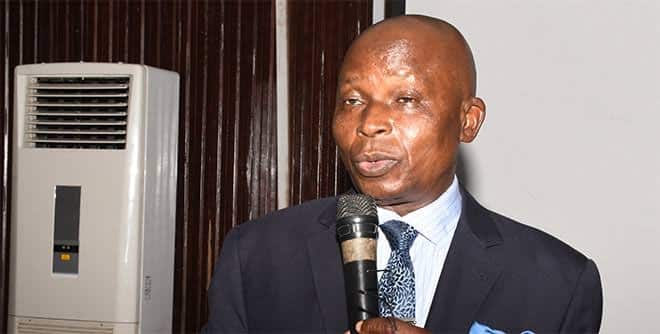In his ministerial nominee screening before the Senate, Senior Advocate of Nigeria (SAN), Lateef Fagbemi, called for a more collaborative approach in tackling corruption, emphasizing that the responsibility should not solely rest on one agency. Instead, he proposed that the Economic and Financial Crimes Commission (EFCC) and the Independent Corrupt Practices and Other Offences Related Commission (ICPC) should work together while dividing their roles into investigation and prosecution.
During the screening, Fagbemi did not specify which agency should handle investigations or prosecutions, as both the EFCC and ICPC currently possess the power to conduct both aspects of corruption cases.
The ICPC is mandated, under its Act, to address corruption in the public sector, focusing on bribery, graft, and office misuse or abuse. On the other hand, the EFCC’s primary responsibility lies in investigating and prosecuting money laundering and other financial crimes.
Fagbemi highlighted the need to improve the anti-corruption efforts in Nigeria, stating that the current approach leaves much to be desired. He urged for the unification of ICPC and EFCC, followed by unbundling their roles into separate investigative and prosecutorial bodies. According to him, it is not ideal to have the same authority handling both investigation and prosecution within the same system, as this can lead to challenges and inefficiencies.
Addressing the issue of patience in corruption investigations, Fagbemi cited the case of Hushpuppy, where years of thorough investigation eventually led to his arrest. He stressed the importance of comprehensive investigations, and not rushing to prosecute individuals right after they leave office, as this may not yield the desired results in criminal and corruption cases.
The SAN also called upon the parliament to enact laws that benefit society without anticipating personal consequences for lawmakers. He emphasized the necessity of implementing robust and effective legislation to combat corruption effectively.
Fagbemi’s suggestions have sparked discussions among lawmakers, with many expressing interest in exploring ways to strengthen anti-corruption measures in Nigeria and create a more efficient and transparent system in the fight against corruption.

























